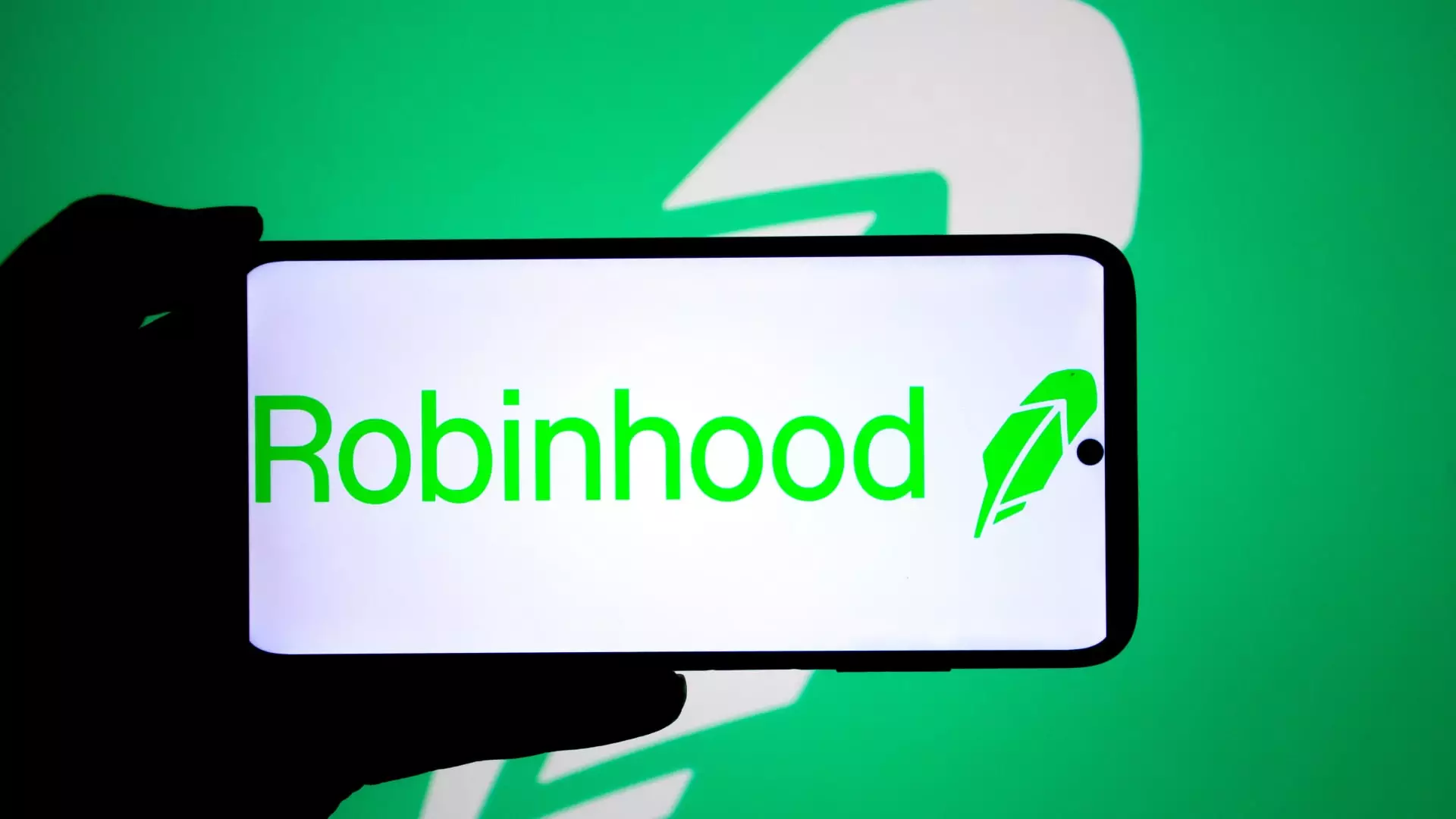In recent years, financial markets have experienced a transformative shift with the advent of blockchain technology, leading to novel investment methods such as tokenized stocks. Robinhood, a prominent player in the retail trading sphere, boldly entered this frontier by offering blockchain-based tokens representing shares of high-profile companies like OpenAI and SpaceX. While innovation fuels progress, it also summons regulatory vigilance, a reality that Lithuania’s central bank exemplifies by scrutinizing Robinhood’s product. The central bank’s active outreach signals a broader concern: are these digital representations of equity truly compliant within existing legal frameworks? The importance of this question cannot be overstated, especially given the potential risks for unseasoned investors in complex financial instruments that blur the lines between traditional securities and emerging blockchain securities.
The emergence of tokenized assets promises incredible benefits—enhanced liquidity, fractional ownership, and 24/7 market access. Yet, these benefits are shadowed by the peril of inadequate transparency and insufficient investor protection. As Robinhood’s tokenized stock offering expands into Europe, regulators like the Bank of Lithuania appear increasingly wary of the potential for misrepresentation, miscommunication, and regulatory evasion. To preserve the integrity of financial markets, authorities must ensure that such innovative products meet rigorous standards, including clear disclosure and compliance with securities laws.
The Implications of OpenAI’s Disavowal and Corporate Accountability
One of the most startling facets of Robinhood’s recent controversy is OpenAI’s explicit disassociation from the product. Despite the tokens being linked to OpenAI’s shares, the company made it unequivocally clear that it did not authorize or endorse any transfer of its equity through Robinhood’s platform. This disconnect underscores a fundamental issue: the risk of corporate identity being exploited in unregulated or quasi-legitimate financial ventures. When a prominent tech innovator like OpenAI distances itself publicly, it reveals the underlying vulnerability in how digital assets are marketed and misused.
This situation raises a broader question of corporate accountability. Are companies sufficiently vigilant about how their stock or equity-related assets are represented or sold? Or are they leaving the door open for third-party products that could mislead investors or distort their ownership rights? The absence of direct involvement from OpenAI highlights a glaring gap in oversight—one that needs urgent attention from regulators, platform operators, and the companies themselves to prevent misuse, misinformation, and potential legal conflicts.
The Power and Pitfalls of Regulatory Intervention
Regulatory bodies worldwide are grappling with the rapid pace of innovation in digital securities. Lithuania’s proactive stance demonstrates a commitment to understanding and controlling new investment products before they spiral into systemic risks. By requesting detailed clarifications from Robinhood about their token structures and communication strategies, the regulators are signaling that tokenized equities cannot simply be treated as novelty items; they must be scrutinized with the same rigor as traditional securities.
From a broader perspective, this intervention underscores the necessity for regulation to evolve in tandem with technology. Unregulated markets tend to attract risk-averse investors who may not fully comprehend the complexities of blockchain tokens representing company shares. Misleading communication, whether intentional or accidental, can have devastating consequences, eroding trust in both the platforms offering these tokens and the broader financial ecosystem. Therefore, regulation shouldn’t be perceived solely as a means of control but as a safeguard to foster responsible innovation that benefits investors without sacrificing transparency or legal integrity.
The Future of Digital Securities Requires Clear Boundaries
The clash between Robinhood and European regulators like the Bank of Lithuania is not merely about one product; it is emblematic of a larger debate about how to integrate blockchain innovations into existing financial law. The question of whether tokenized stocks should be viewed as securities, commodities, or new asset classes altogether remains unresolved. What is clear, however, is that a delicate balance must be struck—one that promotes innovation without compromising investor rights or market stability.
Moving forward, policymakers must craft frameworks that specify how digital assets are classified, what disclosures are necessary, and how platforms are held accountable. Companies like Robinhood should recognize they operate within a global regulatory environment that demands transparency, legal compliance, and consumer protection. They have a responsibility not only to their shareholders but to the integrity of the financial system they participate in.
Robinhood’s tokenized stock venture, coupled with the regulatory awakening seen in Lithuania, exemplifies a critical inflection point. While technology opens doors to new possibilities, it also demands a redefinition of rules, a recommitment to transparency, and a firm stance on accountability. Only through these measures can we harness the true potential of digital assets while safeguarding essential principles of fairness and legality.

